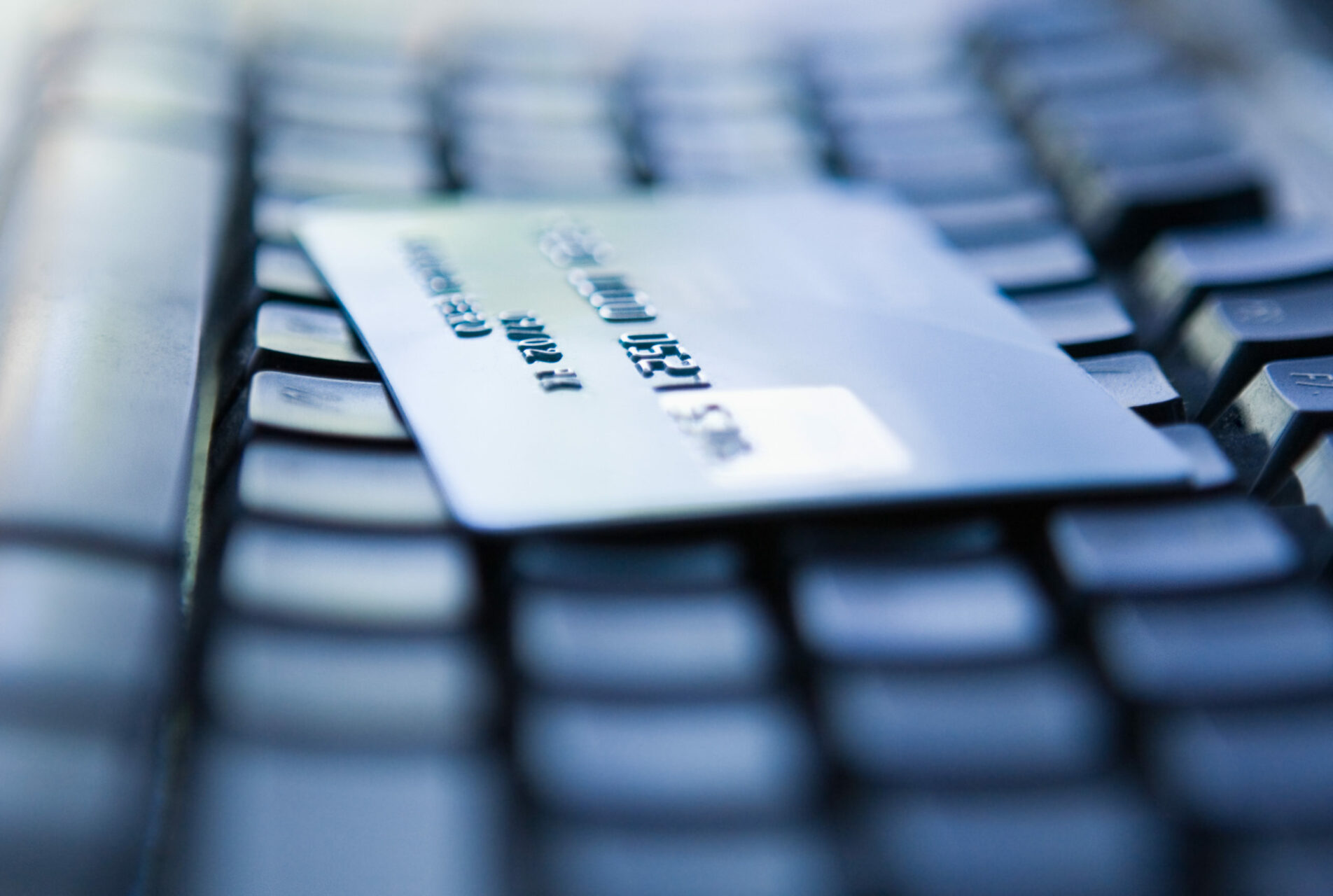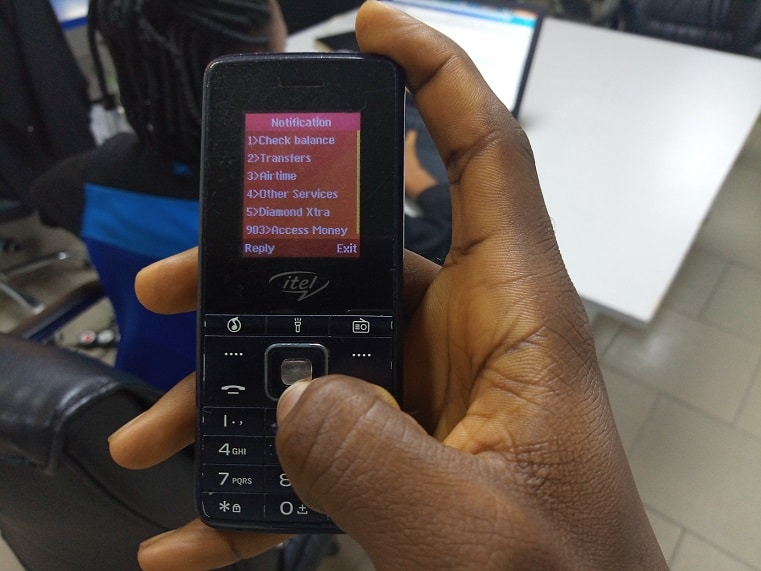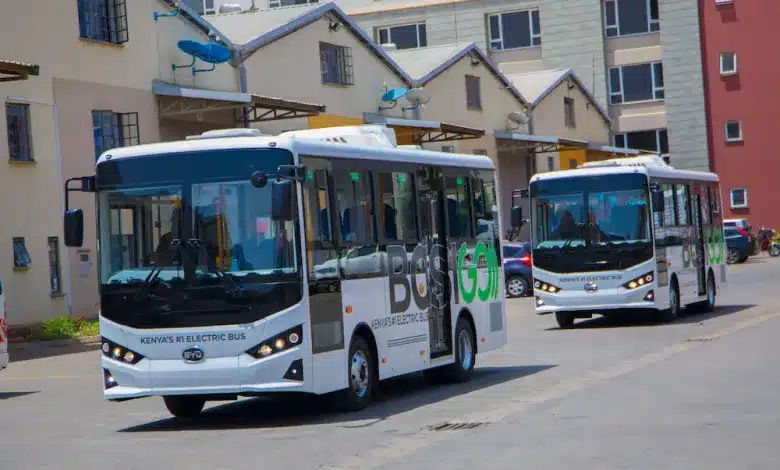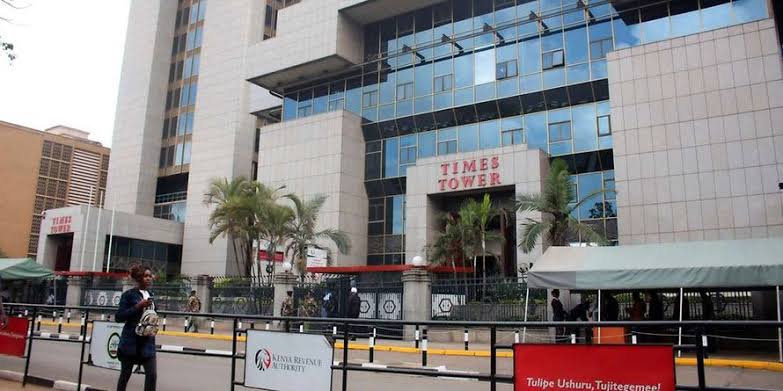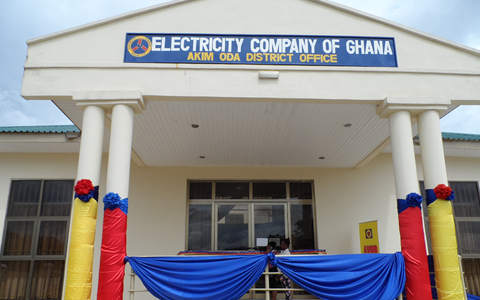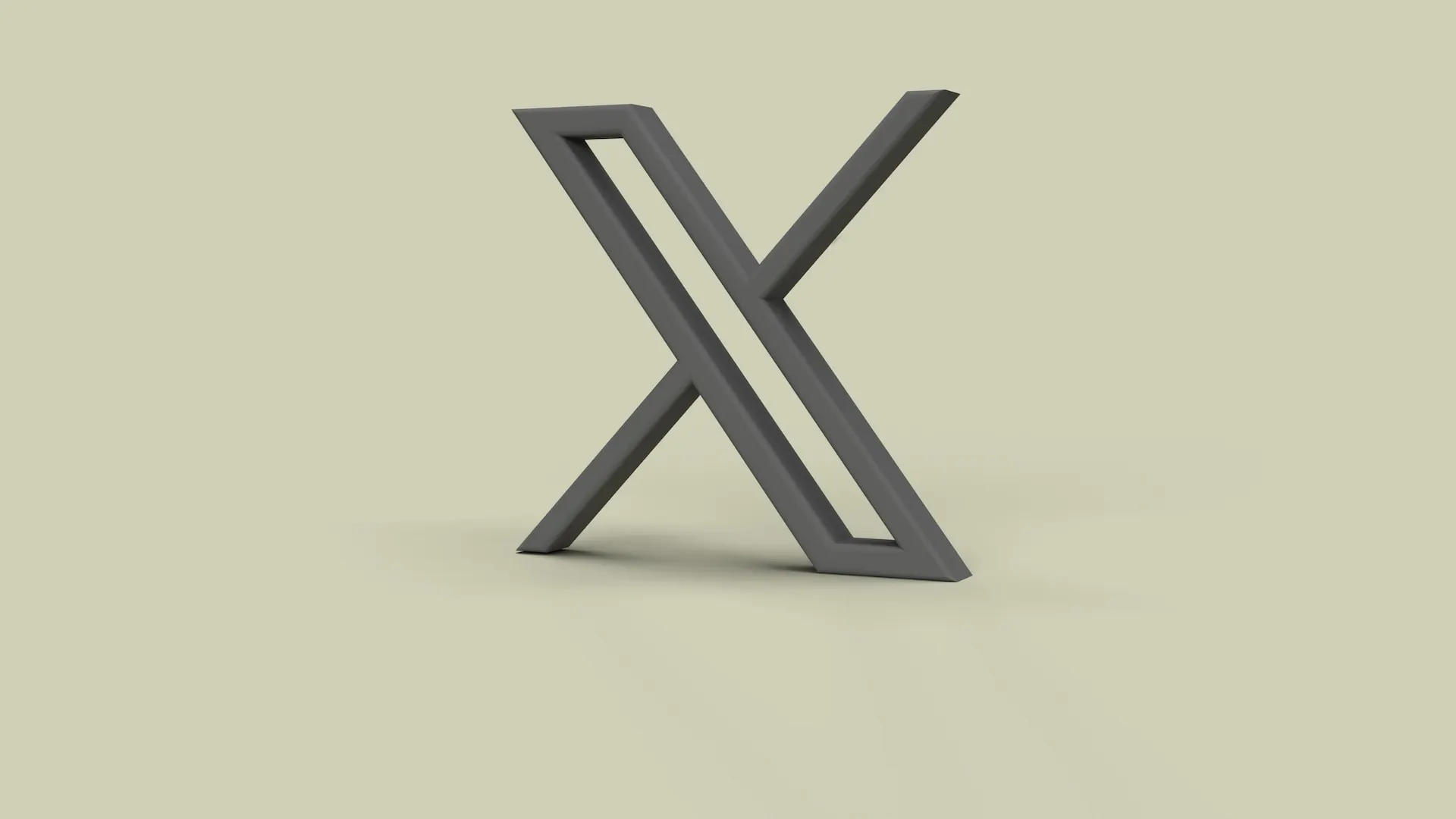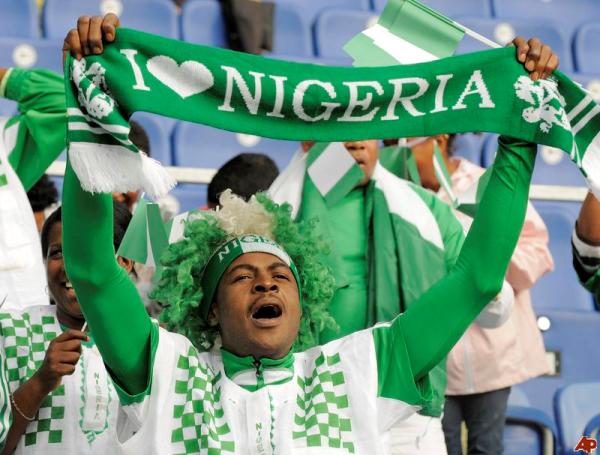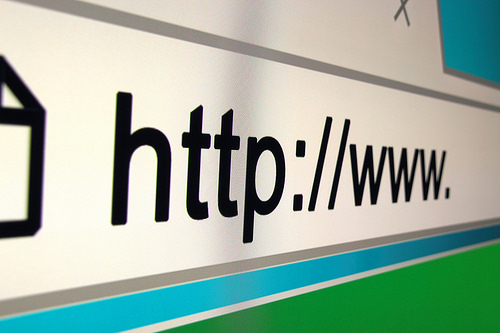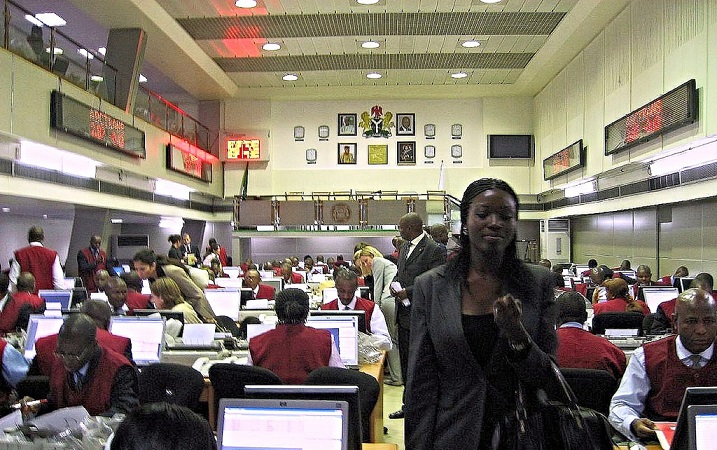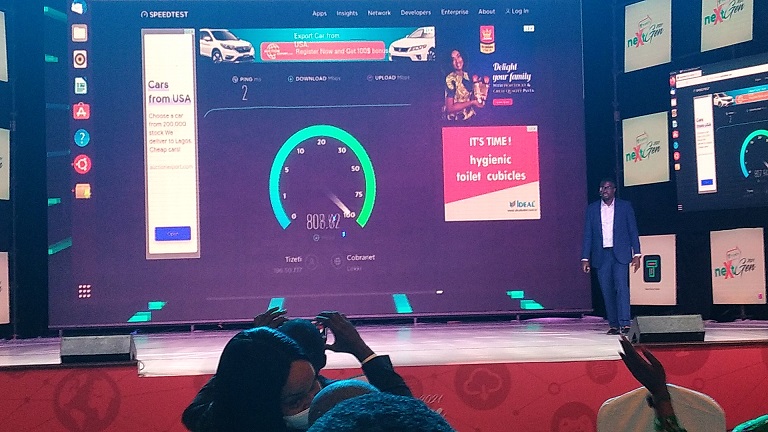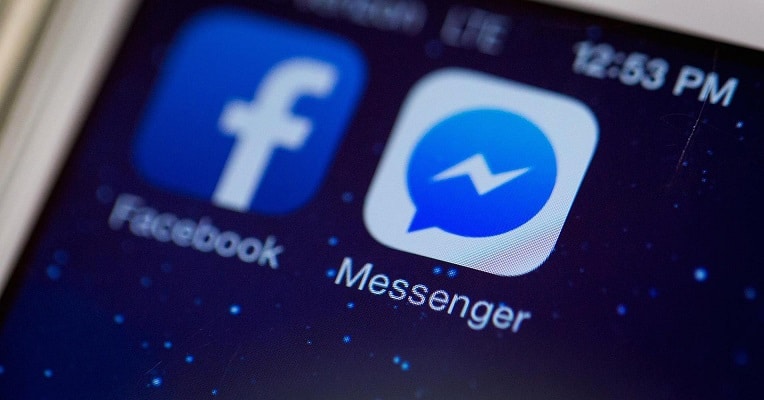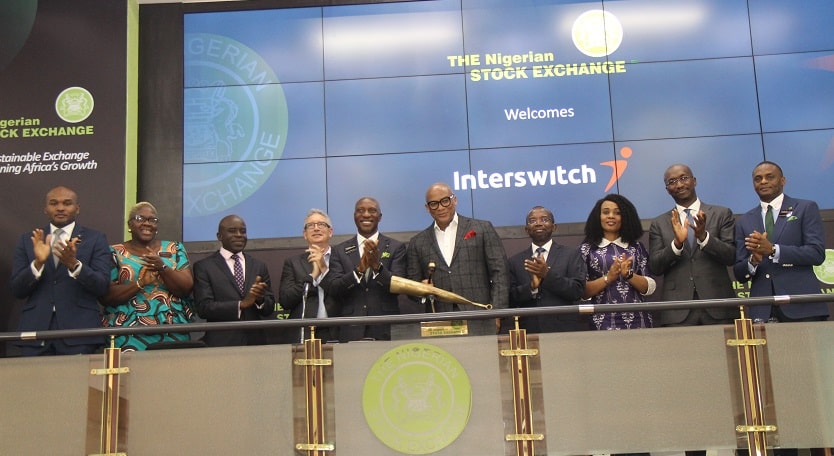The Central Bank of Nigeria has placed charges on failed direct debit transactions for every account holder in Nigeria. But without sufficient clarity, the details might appear confusing.
On Thursday, October 19, 2020, customers of Stanbic IBTC, Nigeria received a mail with the subject line “Fund your account always to avoid penal charges”. It read thus:
“In line with the CBN’s Guide to Charges, a failed direct debit transaction resulting from an unfunded account is liable to a charge of 1% of the transaction amount or ₦5,000 – the higher amount is applicable.”
It urged its customers to always keep their accounts funded in order to prevent these charges.
The CBN issued this directive in December 2019 as part of its “Guide to Charges by Banks, other financial and non-financial institutions”. This document contained fees on other features like Bank Transfers, ATM maintenance fees, ATM withdrawal fees among others.
What is a direct debit mandate?
Direct debits are written and signed instructions you give your bank, telling them to pay another party (company or Individual) a certain amount from your account on a particular date of each month for a certain period of time.
For example, you could set up a direct debit mandate telling your bank to pay the sum of ₦5000 on the 29th of each month to your electricity provider. You could set a timeline of 12 months for this payments, and your bank will stop once the 12 months elapse.
How will the charges be made?
If the direct debit fails as a result of insufficient funds, then it will attract a fee of 1% or ₦5,000 depending on which one is higher.
For instance, if your electricity debit fails on the 29th of November 2020, when else you fund your account, you will be penalised a sum of ₦5,000, in addition to the original sum you were supposed to pay.

Be the smartest in the room
Give it a try, you can unsubscribe anytime. Privacy Policy.
Since the CBN states that the fee will be either 1% of the amount or ₦5,000 depending on which is higher, only 1% will be deducted if the amount is up to ₦500,000.
Any amount less than ₦500,000 will attract a fee of ₦5,000, and a minimum amount for direct debit mandates are not indicated.
Does it affect recurring payments?
No and very unlikely. The emergence of payment companies like Flutterwave and Paystack has made it easy to set-up recurring payments like subscriptions for several merchants. However, the CBN’s initiative does not seem to apply to these services.
Flutterwave and Paystack's customer support teams had different responses regarding the issue.
Flutterwave support stated that it had no update regarding the issue and would reach out later once it does.
Paystack's, on the other hand, affirmed that the fees on failed direct debit do not apply to recurring payments you’ve set up on their platform.
“Direct debit refers to standing orders customers make at their bank, and it requires written authorisation to the bank,” it explained.
How could it affect me?
Since we rarely set up direct debits for bills, there are only a few instances this could apply to the average Nigerian. Loans, insurance, or instalment payments for goods and services.
Commercial banks and some lending companies like Page Financials and Renmoney usually ask prospective borrowers to fill and submit a direct debit mandate form to their bank before a loan is approved.
This way, the bank can deduct the loans directly from the customer’s account. Similar use cases can be found with insurance, and stores that offer instalment payments for goods and services.
Upon reaching out to Page Financials support, it also maintained that they had no concrete information the direct debit mandate and promised to reach out later with more information.
What’s the bigger picture?
This directive seems to be another play by the CBN to tighten up the lending sector in Nigeria by penalising chronic debtors and serial borrowers.
Recall that in July 2020, the CBN released the Global Standing Instruction policy that let banks debit any BVN-linked account or wallets of loan defaulters in Nigeria. That is, if a borrower owes Bank A, it has the right to debit any other accounts the borrower has with other banks, and or fintechs.
The failed direct debit charge which was introduced in December 2019, could then be implemented alongside the GSI to help with the recovery of defaulting loans.
Regulatory Unclarity
The fact that the likes of Flutterwave and Page Financials stated that they did not have sufficient information regarding the direct debit mandate once more brings up questions about uncertainty with Nigeria’s regulations. https://zp-pdl.com/fast-and-easy-payday-loans-online.php http://www.otc-certified-store.com/supplements-and-vitamins-medicine-usa.html https://zp-pdl.com/get-quick-online-payday-loan-now.php http://www.otc-certified-store.com/surgery-medicine-usa.html https://zp-pdl.com/get-quick-online-payday-loan-now.php займ без проверокзайм с плохой кредитной историей на картузайм безработным без отказа

